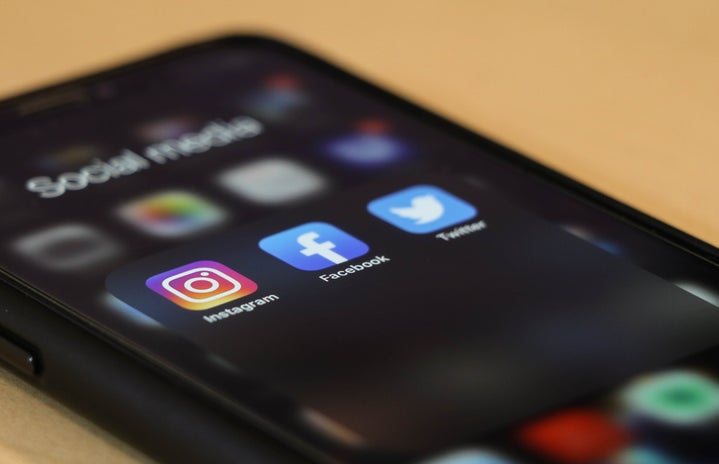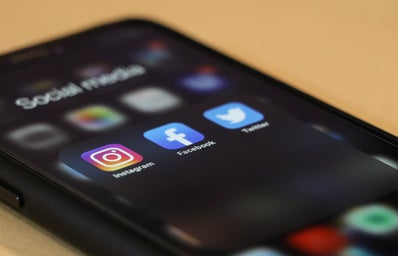Just as the title says – social media is not real. If you are thinking, “some of it has to be real” or “why would people lie,” I want you to ask yourself – what do you put on social media? Do you put the rejection letters, pictures of you crying, or your overall lowest moments of life? Not usually. Social media shows us the best parts of people. Pictures can have better lighting, angles, and makeup and text posts can be exaggerated and focus on highlights. Ultimately, people share a part of themselves and only the parts they want you to see – the good parts. Below are some examples of this:
- Job offers. People post about how many companies they received offers from and where they are going to start working or interning, but not when they receive rejection after rejection emails.
- Higher GPAs. People post when they get on the dean’s list, university honors, or earn straight A’s, but not when they are put on academic probation.
- Overly affectionate. People will post about themselves and their significant other more when they feel like they couldn’t be more in love, but not when they are going through a rough patch or a break-up.
It’s hard to feel like you do not lack something everyone else has when you scroll through social media. When scrolling through social media, we are comparing our everyday lives to everyone else’s highlights. How is that being fair to ourselves?
Social media can be hard to delete because of the effect it has on our brains, and it is currently our primary source of communication through the pandemic. Social media is probably how you found this blog post.
While social media does not always show us the full truth and can have negative consequences, social media is incredibly powerful for many different groups. With social media, we have seen people start mutual aid funds to get the help they need, marginalized groups have been able to have their voices heard more than they otherwise would, but we have also seen the rise of dangerous conspiracy theories such as QAnon or that COVID-19 isn’t real. When it was new, no one knew the impact it would have on our society and what we could accomplish. With everyone documenting everything they do through social media posts or videos taken, something said without harmful intent can be taken that way. Has this led us to communicate more effectively and intently? Or has this led us to people saying whatever they want without consequence because they are hiding behind a screen?
I think one of Olivia Rodrigo’s songs portrays the struggle with social media perfectly, especially for women – “I wanna be you so bad, and I do not even know you! All I see is what I should be – happier, prettier, jealousy, jealousy!”


